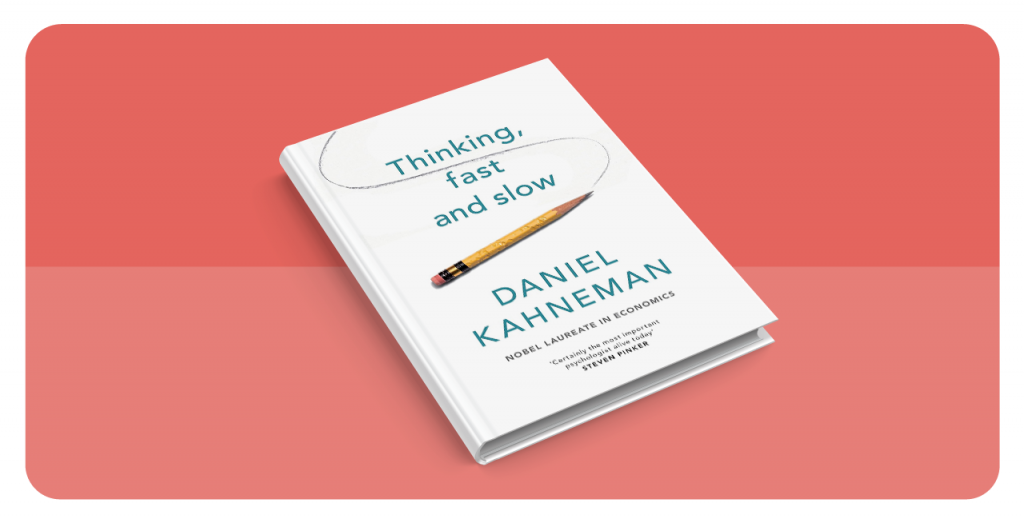
Why women aren’t applying to your company?

Being a woman in the workplace comes with challenges, particularly within a world predominantly shaped by and for men. While progress has been made in narrowing gender disparities, it remains sluggish. According to the World Economic Forum’s recent report on Gender Parity, it is projected to take another 108 years to bridge the gender gap.
Michelle Obama aptly stated, ‘No country can ever truly flourish if it stifles the potential of its women and deprives itself of the contributions of half its citizens.’
Started on a gloomy note? We understand. However, our intention is not to depress you; instead, we aim to raise awareness about the current situation. At YourDost, our mission is to focus on solutions rather than problems. Let us address factors discouraging women from applying for jobs in your company.
Women’s Representation in a Company
Imagine a company where gender parity thrives, where women and men are equally distributed across various roles. While this may seem like an ideal scenario, it is precisely what will make more female candidates apply for jobs. Regardless of our personal opinions, this fact is supported by solid data. According to a recent study by S&P Global, companies with female CFOs and CEOs generated excess profits of $1.8 trillion with their stock prices higher than the market average. Additionally, firms with female representatives on their boards tend to be more profitable than their diverse counterparts.
In our experience, women often assess a company and its culture from a broader perspective than men. Gender representation is important to them, as they value a company’s commitment to diversity and inclusivity. They recognise that such a culture is more likely to treat them fairly.
Women often examine a company’s website and assess its media presence. If they perceive the company as male-dominated, it may deter them from applying there. In some cases, women may even withdraw their candidacy if they notice exclusively male interviewers throughout the interview process.
This is quite evident in a study by Harvard Business Review where they observed how women engage with different companies. It was found that women engaged more with companies that had a diverse workforce.
Companies must broaden their perspectives on gender diversity and redefine their notions of success. Doing so will not only help in increasing the female workforce but also contribute to long-term revenue growth.
Language Matters
When we talk about language, we refer to the terminology often used in job descriptions by recruiters. Companies, consciously or unconsciously, may include terms and adjectives associated with masculine traits. Words like ‘champ,’ ‘tech geek,’ ‘rockstar,’ or ‘superhero’ are examples. Subsequently, terms such as ‘leader,’ ‘assertive,’ ‘dominate,’ or ‘analytical’ may dissuade women from applying, as they are often perceived as more masculine or male-oriented traits.
As a general tip, assess the pool of candidates applying for a position. If the people applying predominantly of one gender, it may indicate the need to rewrite the job description using more gender-neutral terminology. Check out this guide to write more inclusive job descriptions.
However, job descriptions represent just one aspect of the application process. According to a Hewlett Packard internal report, women generally apply for a job if they believe they meet 100% of the qualifications. Men, on the other hand, are comfortable applying for as little as a 60% match. A survey revealed that it’s not necessarily due to a lack of confidence among women, but rather the perception that all listed qualifications are strict requirements for getting hired. This tendency reflects women’s inclination to adhere to rules, shaped by social conditioning.
Women must know that job descriptions are more like guidelines than strict rules. Companies should focus on being clear and relevant in job ads, understanding that no one has every skill listed. Keeping job descriptions short and clear can make it easier for everyone to apply.
Policies and Family Care Benefits
To attract a talented female workforce, companies need to prioritise strong leave and maternity policies. Research shows that organisations with robust paid maternity leave policies are more successful in drawing and retaining female employees.
Additionally, flexibility in work-life balance plays a crucial role in women’s job decisions. A survey found that 84% of parents prioritise work flexibility over other benefits. Companies offering flexible work arrangements, such as remote work options or flexible scheduling, are better positioned to attract and retain female talent.
Moreover, inclusive family policies extend beyond just mothers. Research suggests that involved fatherhood is linked to positive outcomes for children and families. A study found that fathers taking paternity leave are more engaged in childcare activities. Furthermore, 89% of fathers express the desire to be more involved in caregiving responsibilities. Companies that offer paternity leave and family-friendly policies for fathers not only promote gender equality but also cultivate a supportive work environment for all employees.
Let’s Grow Together!
Statistics reveal that women apply to 20% fewer jobs than men, yet they are 16% more likely to be hired after applying- a promising trend indeed! This highlights the untapped potential within the female workforce. Companies stand to benefit greatly by embracing diversity in their hiring practices. By actively seeking out and hiring women, businesses can harness a wealth of talent and perspective that might otherwise go overlooked.
Moving forward, companies must reassess their approach to job descriptions. The language used can significantly impact women’s willingness to apply. By adopting inclusive and gender-neutral language, companies can attract a more diverse pool of candidates. Furthermore, as evidenced by the success of women-led companies in generating higher revenues, fostering gender diversity in the workplace isn’t just a matter of fairness- it’s a strategic move that can drive growth and innovation. As we strive for equality and inclusivity, let us embrace the power of diversity and work together to build a brighter and more equitable future for all!






